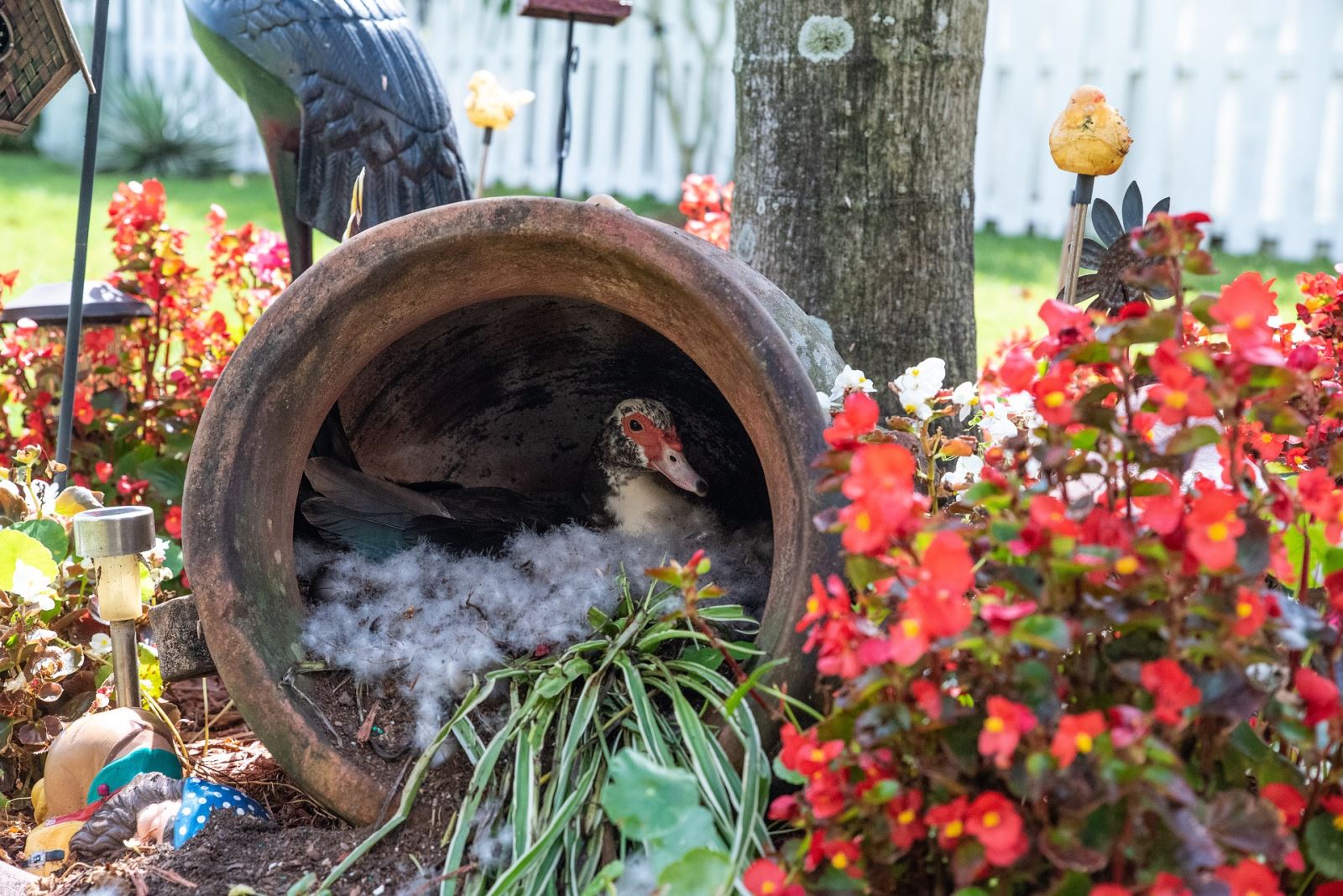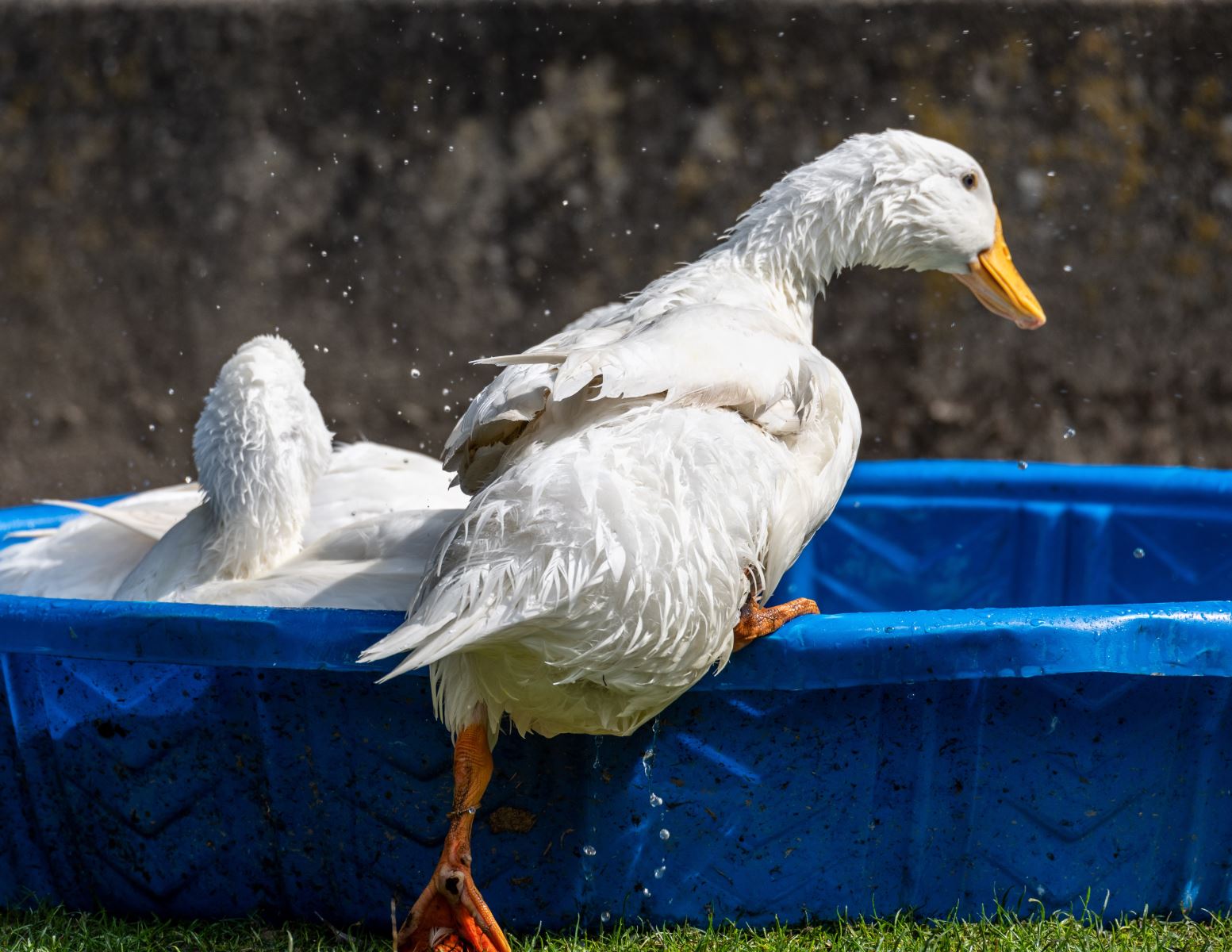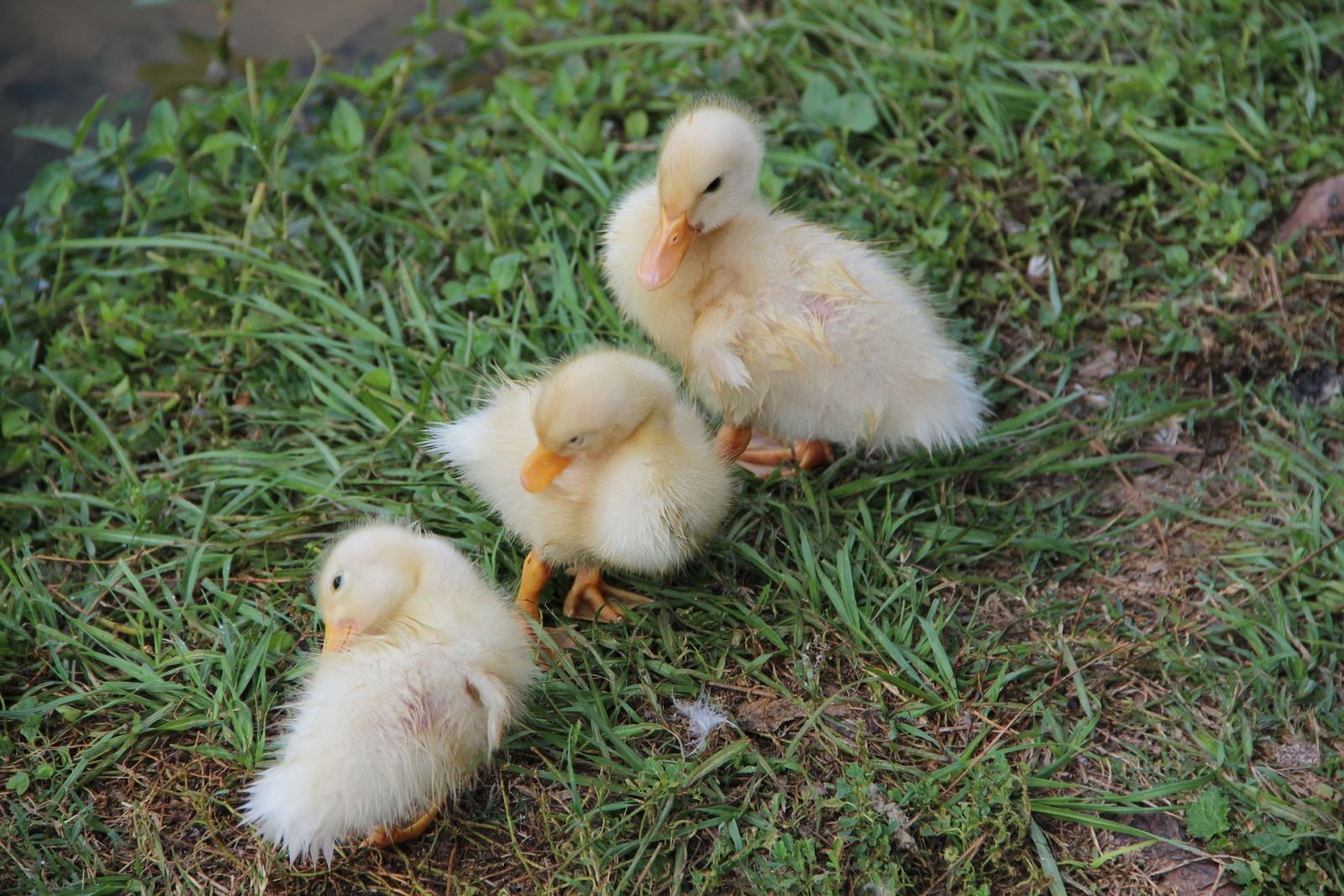Behaviour
All ducks should be allowed to express natural behaviours. Behaviour refers to the way that an animal acts. An important type of behaviour that an animal expresses are those that are instinctive (what they would typically do in the wild). Enough space, proper shelter and housing, as well as company of the animal's own kind, encourages the expression of natural behaviours.
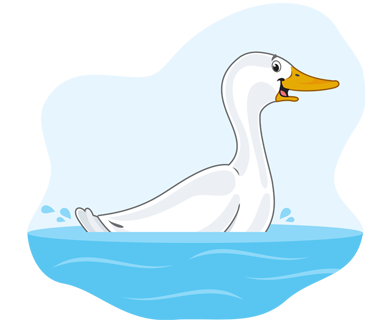
Did you know that there is a special law protecting animals?
This law is called the Animal Welfare Act. The Animal Welfare Act outlines how people must take care of and act towards animals in New Zealand. The Ministry for Primary Industries (MPI), the Police and SPCA work together to make sure people in New Zealand follow these laws.
Under the Animal Welfare Act, all animal guardians (owners) are responsible for making sure the welfare needs of animals in their care are met. Learning about the Five Domains helps us to understand these welfare needs and how we can make sure we provide these. One of the Five Domains is Behaviour. In this section you will learn about this domain and how you can make sure your ducks receive the exercise and enrichment they need to express their natural behaviours.















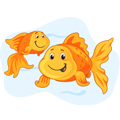

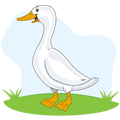
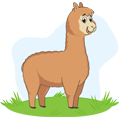
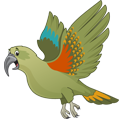

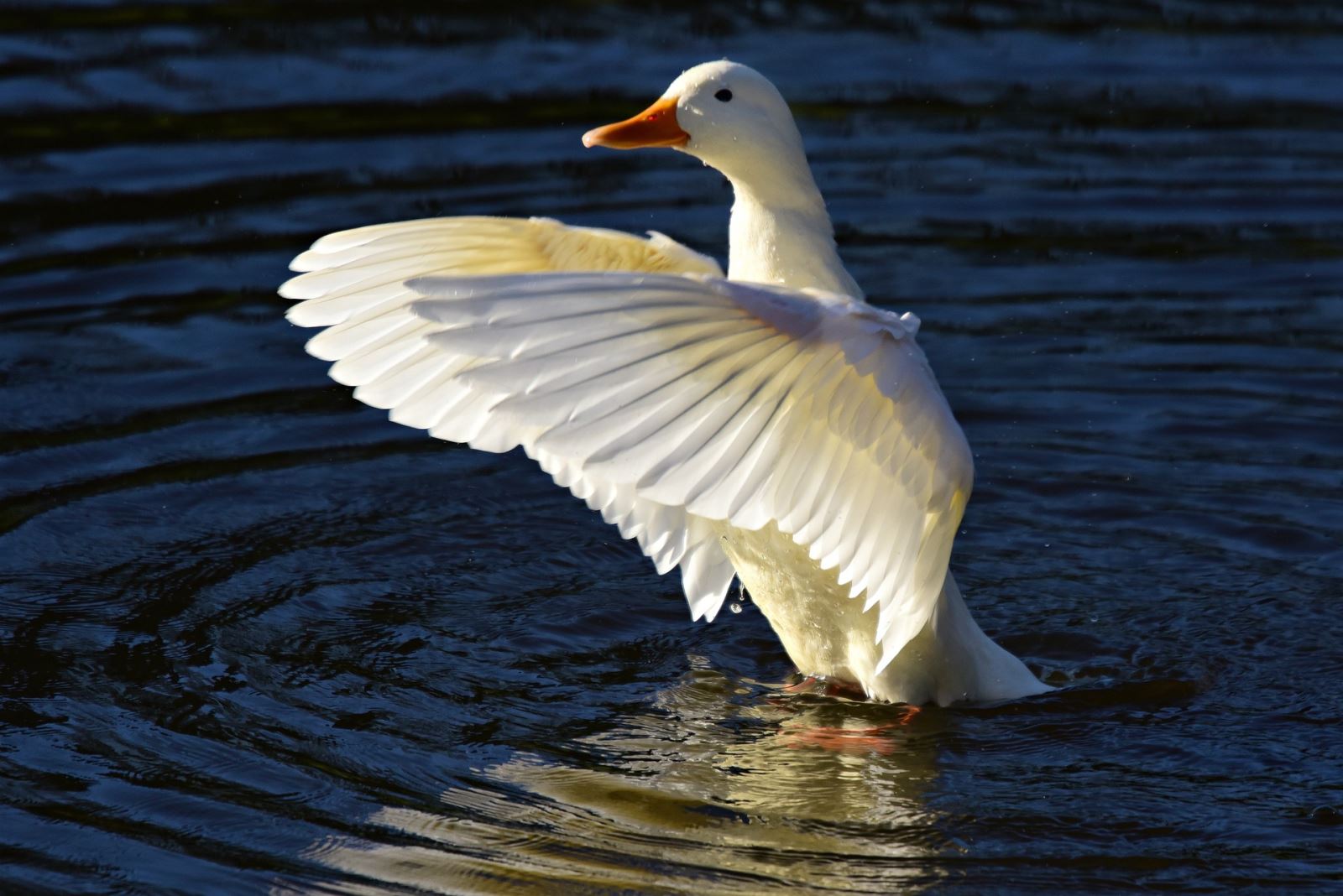
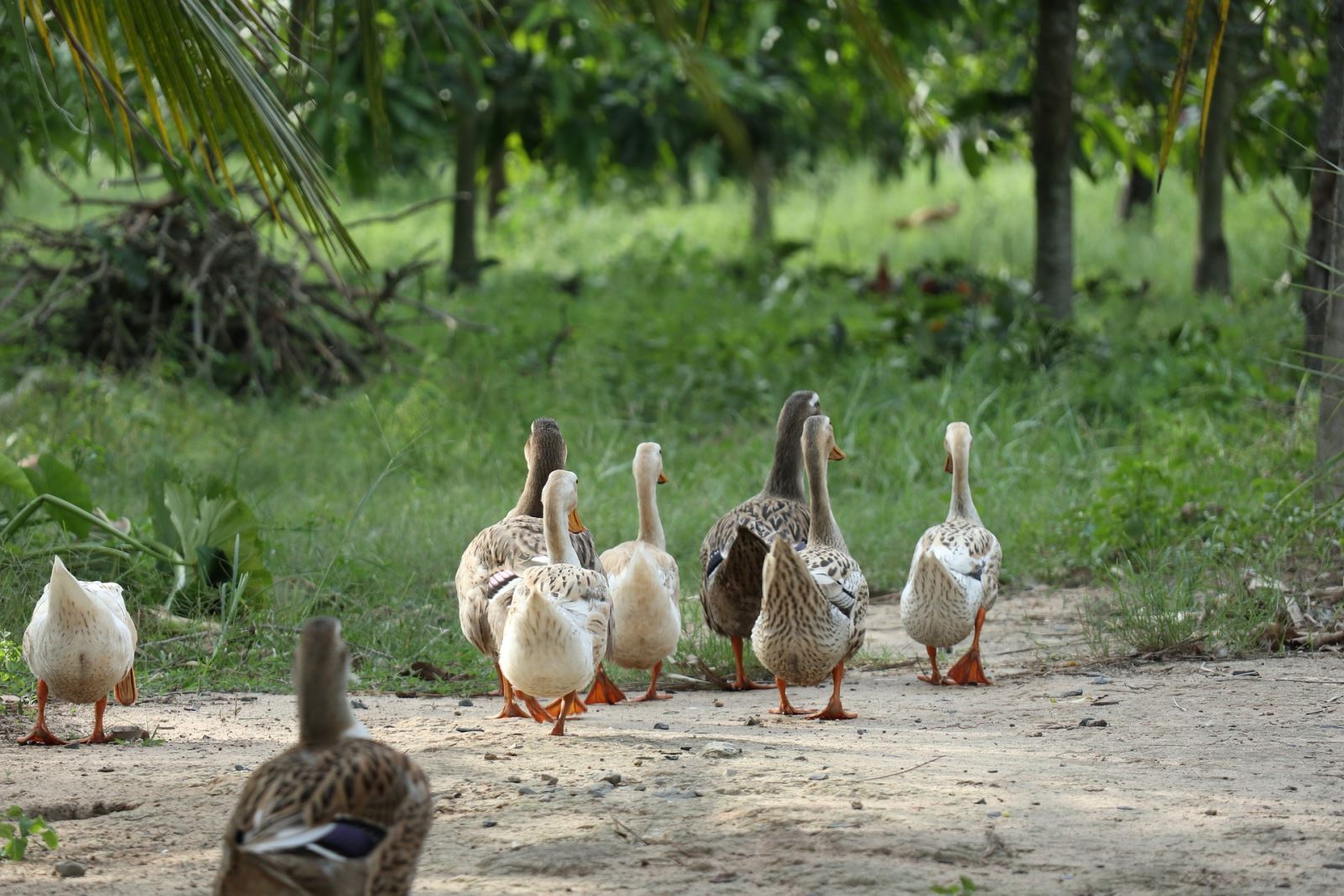
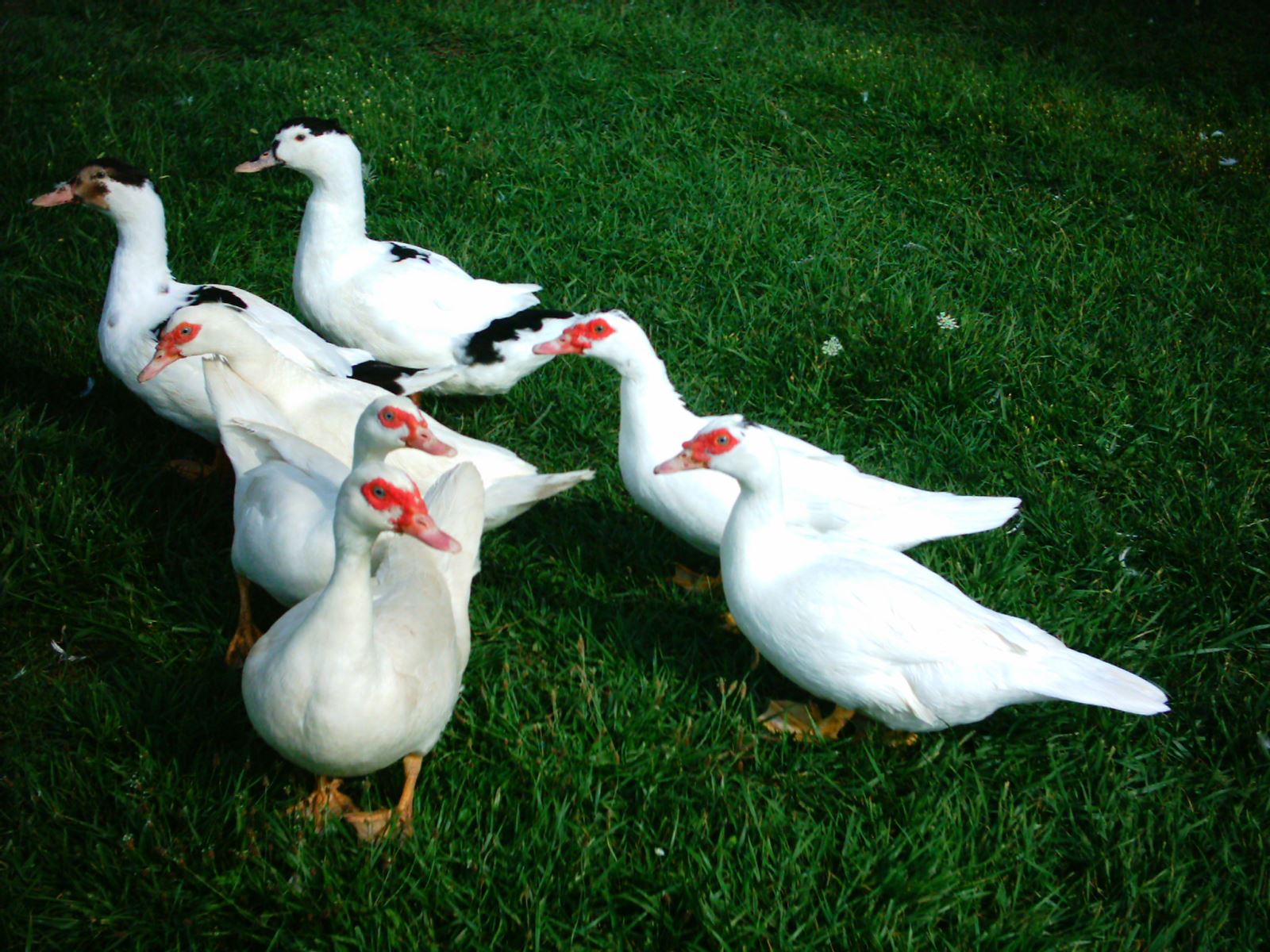
.jpg)
